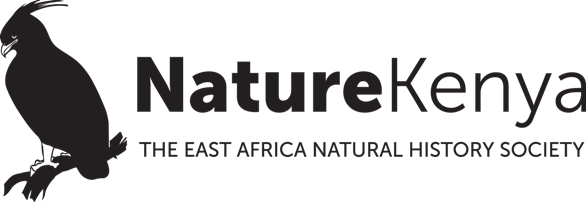Working Groups
Habitat Restoration Initiative of Eastern Africa
Habitat Restoration Initiative of Eastern Africa
Why an initiative on habitat restoration?
Our natural heritage is being threatened, forests are disappearing at an unprecedented rate, lakes, rivers and water catchments are being polluted. Our landscapes are being disfigured through human activities like quarrying, mining, industrialization, etc., all these causing irreversible damage to the habitats of our indigenous plants and animals. Our battle to protect what is left of the biological diversity in Eastern Africa has never been more urgent.
Despite the efforts of nature lovers and conservationists in trying to protect and conserve indigenous plant and animal life, the destruction of natural habitats is continuing to put into peril their very existence on earth. In many cases we are left with derelict and degraded sites which require replacement of lost elements of the original ecosystem.
Habitat restoration techniques can now be employed to repair the damage caused by humans to the diversity and dynamics of original ecosystem processes that sustain life on earth. The need for habitats restoration is one of the key areas of activities recommended in the Convention on Biological Diversity.
It is for these reasons that HARI was initiated by a group of scientists in East Africa concerned with the fate of our land and its valuable biological resources, which are vital for economic growth and development of our region. HARI was initiated on December 2, 1998, and became a committee of the East Africa Natural History Society on June 14th, 2000.
Aims
To enhance biodiversity conservation through the restoration of degraded habitats and through species re-introductions in the Eastern Africa region.
Objectives
To assess, plan, implement and monitor HARI's projects in the Eastern Africa region. To promote networking, collaborative partnership, raising of awareness, information dissemination and capacity building on habitat restoration.
Core Activities
- Networking with NGOs, government, local communities, institutions and individuals interested in habitat restoration.
- Conducting and promoting restoration projects through research, planning and implementation.
- Fundraising.
- Planning the establishment of an information centre on restoration.
- Restoration of degraded habitats especially in water catchments centres of endemism, biodiversity hot spots, sites with rare or threatened species, abandoned quarries, mines and construction sites in Eastern Africa.
Members of HARI Committee:
- Joseph Mutanga
- Bernabas Malombe
- Ann Mbora
- William Wambugu
- Joyce Jefwa
- Agnes Kavoo
- Winnie Musila
- Joseph Mungatu
- Victor Otieno
Members Leading
- Ann Mbora
- William Wambugu
- Joyce Jefwa
Focal areas of activity
- A baseline survey on habitat restoration requirements has been carried out in Ngangao forest (Taita Hills);
- The status of remnant plant species around Thika and their restoration through the local communities.
Upcoming/ planned events& activities
Preparing an inventory of trees used by birds for nesting in selected Important Bird and Biodiversity Areas and their restoration.
A proposal on baseline survey on habitat restoration requirements for Oloolua forest in Nairobi is being developed together with one on fast growing charcoal tree species in dry areas of Kenya near Nairobi.
How to Join HARI
Join Nature Kenya and participate in HARI activities.
For more information contact Anne Mbora,
E-mail: office@naturekenya.org
